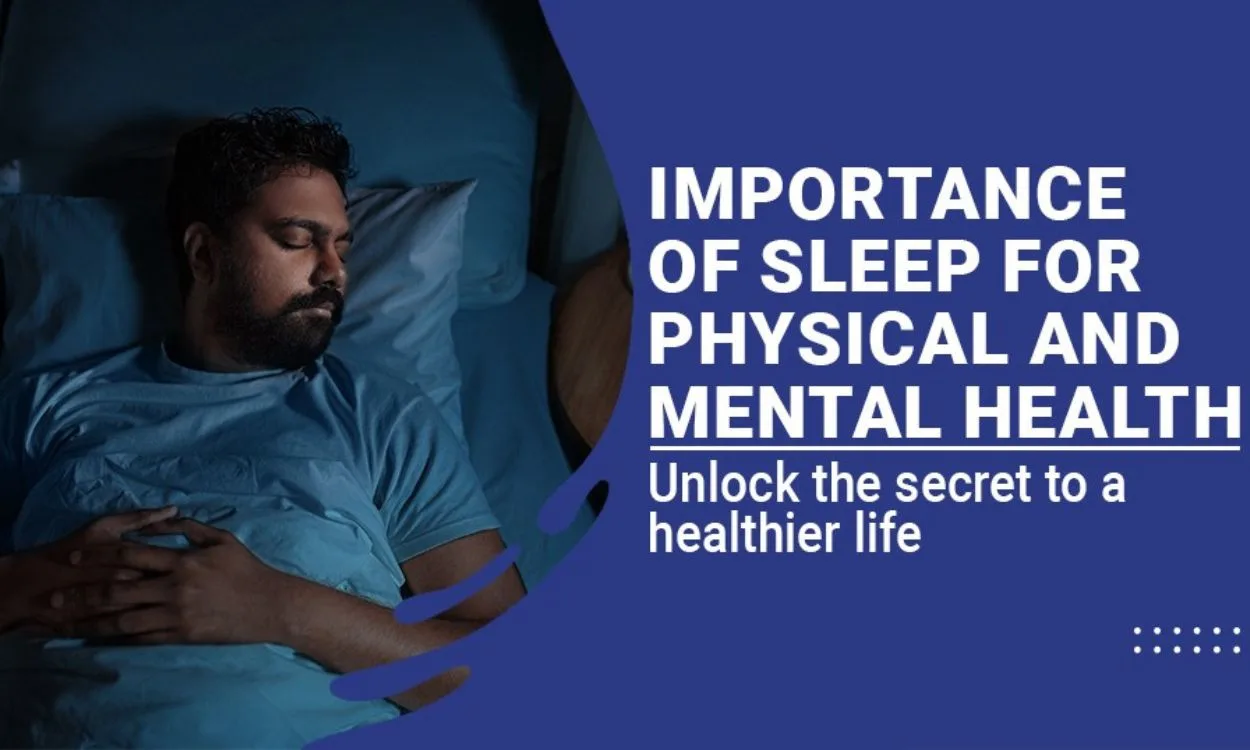What role does sleep play in maintaining good mental health?
Sleep plays a crucial role in maintaining good mental health. It is not just about the duration of sleep, but also about the quality of sleep. Getting enough quality sleep is essential for our overall well-being, including our mental health.
Here is a detailed look at the role of sleep in maintaining good mental health:
- Emotional regulation: Sleep is essential for regulating our emotions. When we are sleep-deprived, our emotional responses become more intense and less controlled. Lack of sleep can make us more irritable, moody, and prone to emotional outbursts. On the other hand, getting enough sleep helps us regulate our emotions, allowing us to respond to situations more calmly and rationally.
- Cognitive function: Sleep is crucial for cognitive function, including memory, attention, and decision-making. During sleep, our brain consolidates and processes information, improving our ability to retain and recall information effectively. Sufficient sleep ensures that our cognitive functions are at their best, enabling us to think clearly, concentrate better, and make sound decisions.
- Stress management: Sleep plays a vital role in managing stress. When we are sleep-deprived, our stress levels increase, making it harder for us to cope with daily challenges. On the other hand, getting enough quality sleep helps lower stress levels, improving our ability to handle stressors and reducing the risk of developing mental health conditions such as anxiety and depression.
- Mood regulation: Sleep has a significant impact on our mood. Lack of sleep can lead to irritability, mood swings, and feelings of sadness or low mood. Adequate sleep, on the other hand, helps stabilize our mood, making us feel more positive, content, and emotionally balanced.
- Brain health: Sleep is essential for maintaining optimal brain health. During sleep, the brain undergoes essential restoration processes, such as the removal of toxins and the formation of new neural connections. Sufficient sleep promotes brain health, reducing the risk of cognitive decline and mental health disorders.
- Productivity and performance: Good sleep is crucial for optimal productivity and performance. When we are well-rested, we are more alert, focused, and efficient in our daily tasks. Adequate sleep enhances our cognitive abilities, creativity, and problem-solving skills, enabling us to perform at our best.
- Physical health: Sleep is closely linked to physical health, and our mental health is intricately connected to our physical well-being. Lack of sleep can contribute to physical health issues such as obesity, diabetes, cardiovascular diseases, and weakened immune function. Taking care of our sleep helps maintain good physical health, which in turn positively influences our mental health.
In conclusion, sleep plays a critical role in maintaining good mental health. It impacts our emotional regulation, cognitive function, stress management, mood regulation, brain health, productivity, and overall physical well-being. It is essential to prioritize sleep and establish healthy sleep habits to support our mental health.
If you are struggling with sleep or any other aspect of your mental health, Fitpaa is here to help. Download the Fitpaa app to access personalized health and fitness solutions, including resources to improve your sleep hygiene and overall well-being. Achieve your health and fitness goals with guaranteed results with the support of our expert team of fitness coaches, nutritionists, and doctors. Your well-being is our mission!









